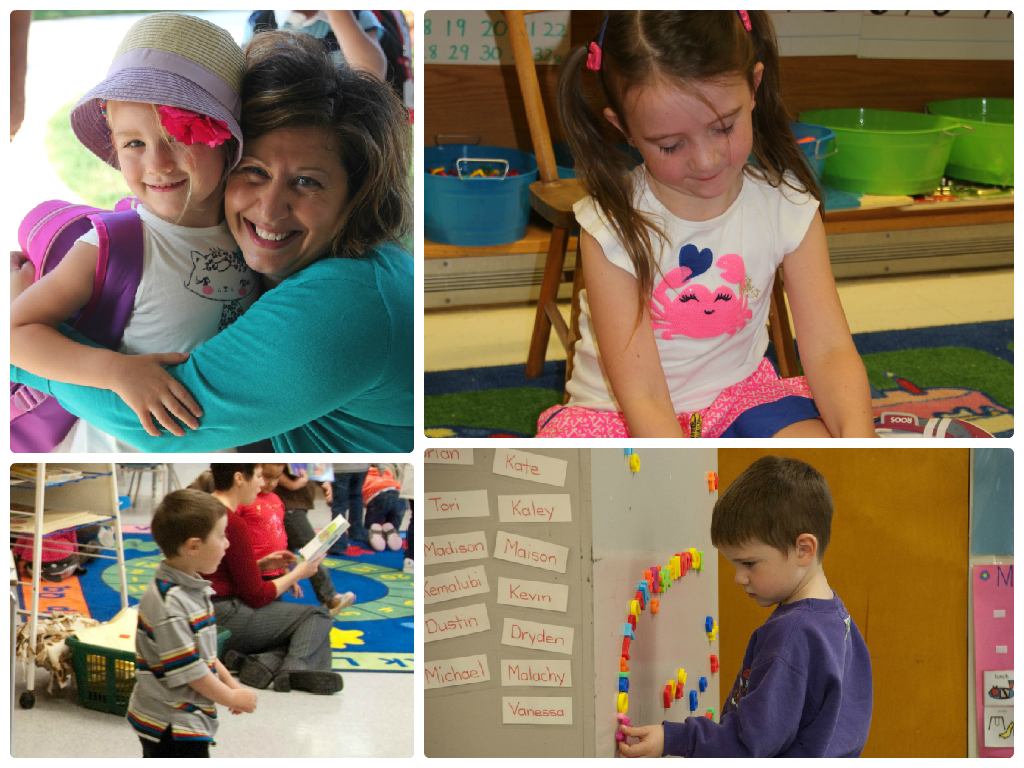Early Learning and Extended Day
Early Learning Program:
The Early Learning Team consists of a Certified Teacher and an Early Childhood Educator (ECE). Both work collaboratively as a team in order to provide the best start for our earliest learners by:
planning for and providing education to students in the full-day early learning program;
observing, monitoring and assessing the development of the students;
communicating with families;
maintaining a healthy physical, emotional and social learning environment; and
performing all duties assigned to them by the principal with respect to the full-day early learning program.
Both ECEs and Teachers bring individual strengths and perspectives to the classroom, as well as a set of professional competencies, knowledge, skills and abilities. The Teacher-ECE team will work together to:
jointly develop and deliver the daily activities in the classroom, including an emphasis on spontaneity to respond to the children’s needs and interests;
organize indoor and outdoor learning environments;
use a range of pedagogical strategies to challenge and extend children’s learning; and
conduct monitoring and formative assessment of children’s learning.

Extended Day Program:
The extended day program is a before and after school program that allows students to remain in one consistent learning environment.
Early Childhood Educators will also use their knowledge base and abilities as they implement the integrated extended day.
Because Early Childhood Educators will be present during extended day timeframes, they will also have a significant role in liaising with families and other community partners.
Early Years Accommodation in Schools
In March 2017, the Ministry of Education established a Working Group on Accommodation Costs in Schools, comprised of membership from school boards, Consolidated Municipal Service Managers/District Social Services Administration Boards (CMSMs/DSSABs), and early years service providers. The Working Group on Early Years Accommodations Costs in Schools was tasked with providing advice and recommendations to the Ministry on school-based child care and EarlyON centre accommodation cost transparency and methodology as well as best practices related to sustainability for early years providers in schools.
The Working Group has completed its term, and the Ministry is releasing the Working Group's Early Years Accommodations in Schools Reference Guide. This Reference Guide will help to support and improve the government's approach to early years accommodation cost transparency and methodology, as well as best practices related to sustainability for early years providers, in schools.
Representatives from the Ontario Association of School Business Officials (OASBO), building on work from the 21st Century School Fund and the University of California-Berkley's Center for Cities and Schools, developed a Community Use of Schools School Facility Cost Recovery Pricing Model to support the determining of evidence-based lease rates that are transparent and accountable. The model has been adapted for early years programs. School boards are encouraged to use the OASBO developed model, or another similar mechanism, to help inform evidence-based, transparent costs of occupying school buildings or premises for early years programs.
Early Years Accommodations in Schools Reference Guide [English]
Early Years Accommodations in Schools Reference Guide [French]
Facility Cost Recovery Pricing Model [English]
Facility Cost Recovery Pricing Model [French]